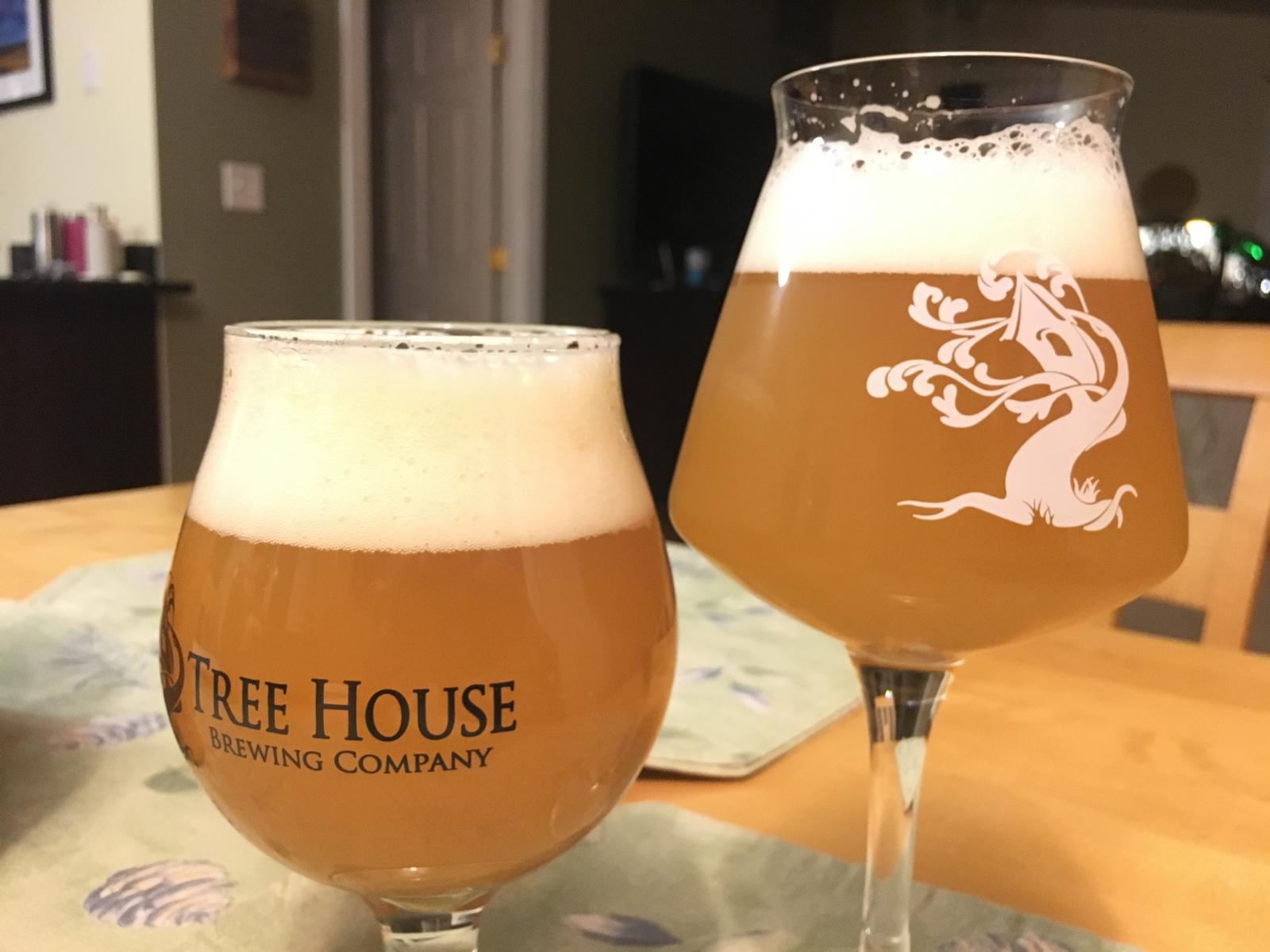Future me agrees with you, but understanding and adjusting WATER is a journey that can take a while. Current me knows there is a LOT more to learn about water, for sure...
In the meantime, adding gypsum may not get you there, but it will lower the PH for the brewing water, won't it? My local water has a PH of 9 on average. Once I started adding gypsum I got a big bump in efficiency, so it seems to be helping.
If your goal is to lower pH of brewing water you need to use acid.
Ideally you need a pH meter but if you know your water report or you’re building from RO you can just use the spreadsheets and put your faith in them. It’ll at least get you close, much closer than without.
Water is relatively easy when you know a few simple rules. I am no scientist, engineer, or even remotely good at math. I’ve read the water book probably 4 or 5 times and my brain still smokes every time.
My recommendation to people is to understand ph first and foremost and what it takes to get it to fall into spec. If you’re building from scratch and making hoppy beers shoot for 75-100 ppm Ca split between Gypsum and CaCl and leave it at that until you’ve got pH and other processes dialed.
Mash ph is important but honesty the window is rather large that it can fall in and still make good beer. Yes efficiency will be better at certain values but the difference is minimal. If it falls between 5.2 and 5.5 you’re gonnna be fine.
One of the biggest faults in Homebrew beer and honestly tons of commercial craft beer is tannin extraction from pH rising through the sparge. Once you know what it tastes like you’ll be amazed how many beers you pick it up in. If you’re using RO it’s not as big of a deal but if you’re using your tap water and it’s got a decent amount of alkalinity it’s easy to get out of whack and end up with a harsh beer from tannin extraction.
Even with RO I still try to make sure my sparge water pH is between 5.2 and 5.4. It only takes 5-7 drops of lactic but every now and again the RO wasn’t so RO and it takes quite a bit more.
When people recommend a mash pH of 5.2 it’s because when you go that low and you don’t adjust anything else your kettle pH will most likely fall into spec and you’ll be fine. But if you’re adjusting sparge pH, not over sparging, and checking your kettle full pH you can get away with higher mash pH numbers.
Kettle pH is even more important especially for hoppy beers. If it’s too high you’ll get a much harsher bitterness and you won’t get ideal protein coagulation (although there are other variables there too). Hops increase pH, if you’re adding a ton through the boil it’ll negate the natural pH drop in the boil so you’ll want to add some acid.
Ideally if your kettle full pH is around 5.4 for most pale beers you’ll be fine. It generally means your mash pH was low enough and your pH didn’t go up while you’re sparging and extract some harsh tannins.
) - the only way to find out is to wait to see how the beer tastes in the end


























![Craft A Brew - Safale S-04 Dry Yeast - Fermentis - English Ale Dry Yeast - For English and American Ales and Hard Apple Ciders - Ingredients for Home Brewing - Beer Making Supplies - [1 Pack]](https://m.media-amazon.com/images/I/41fVGNh6JfL._SL500_.jpg)
































